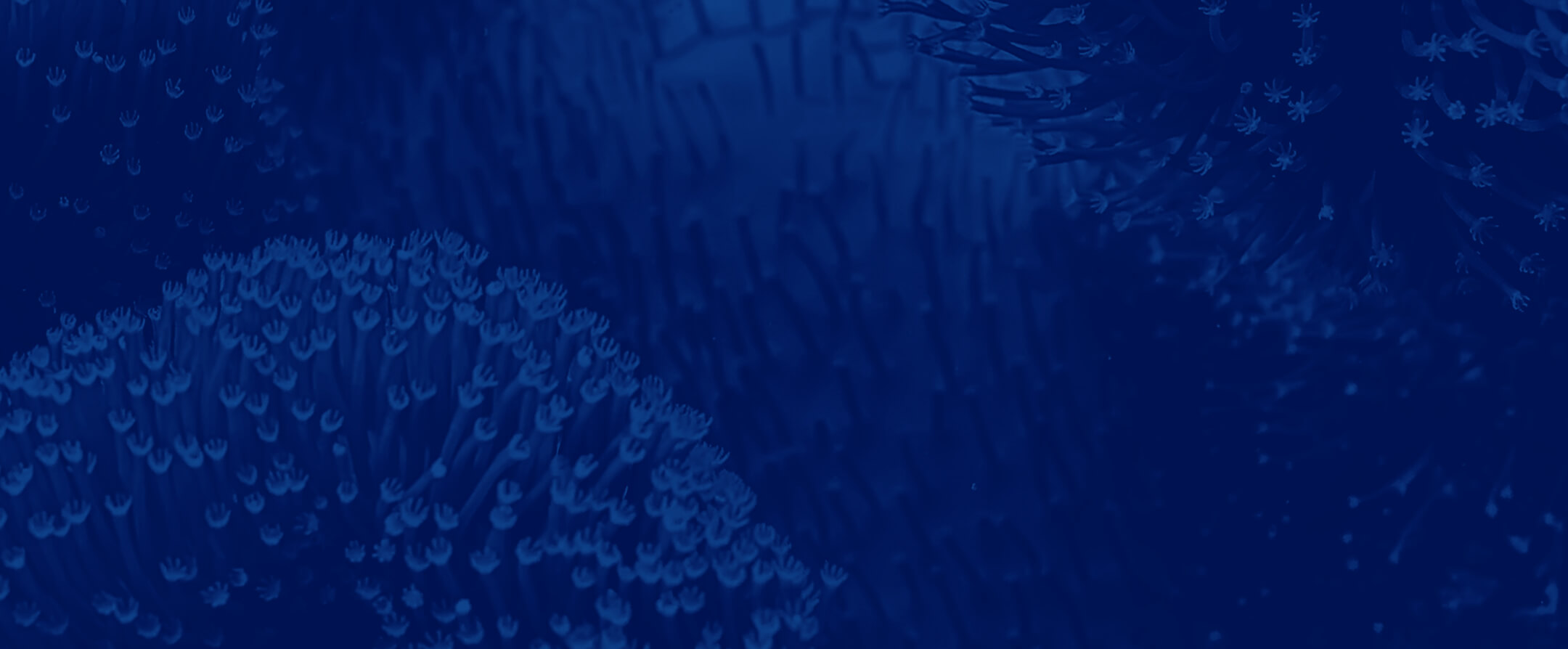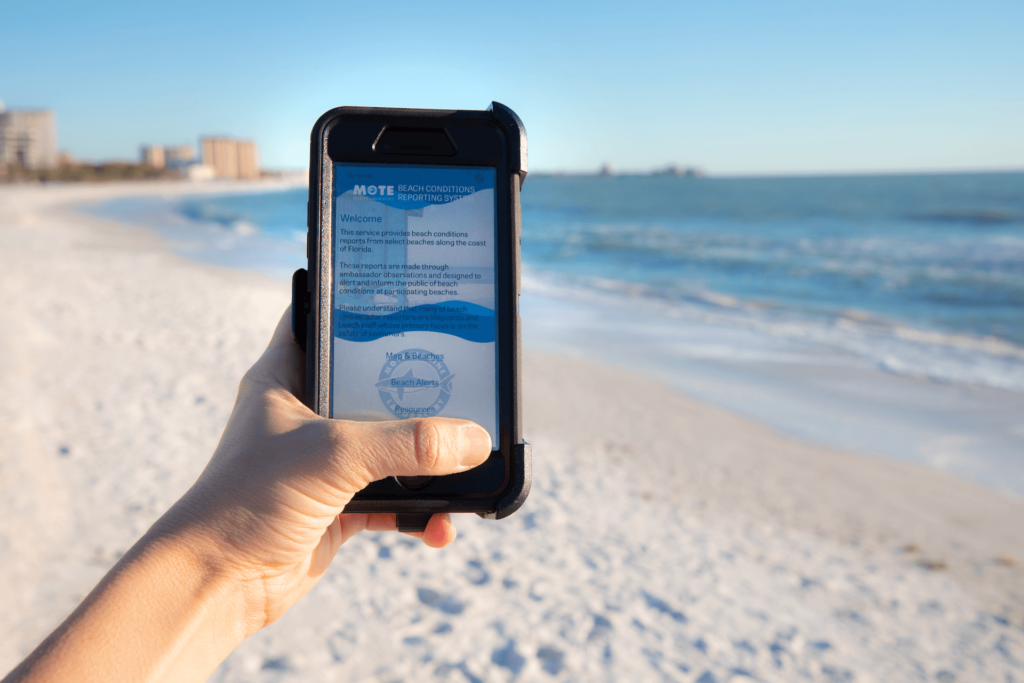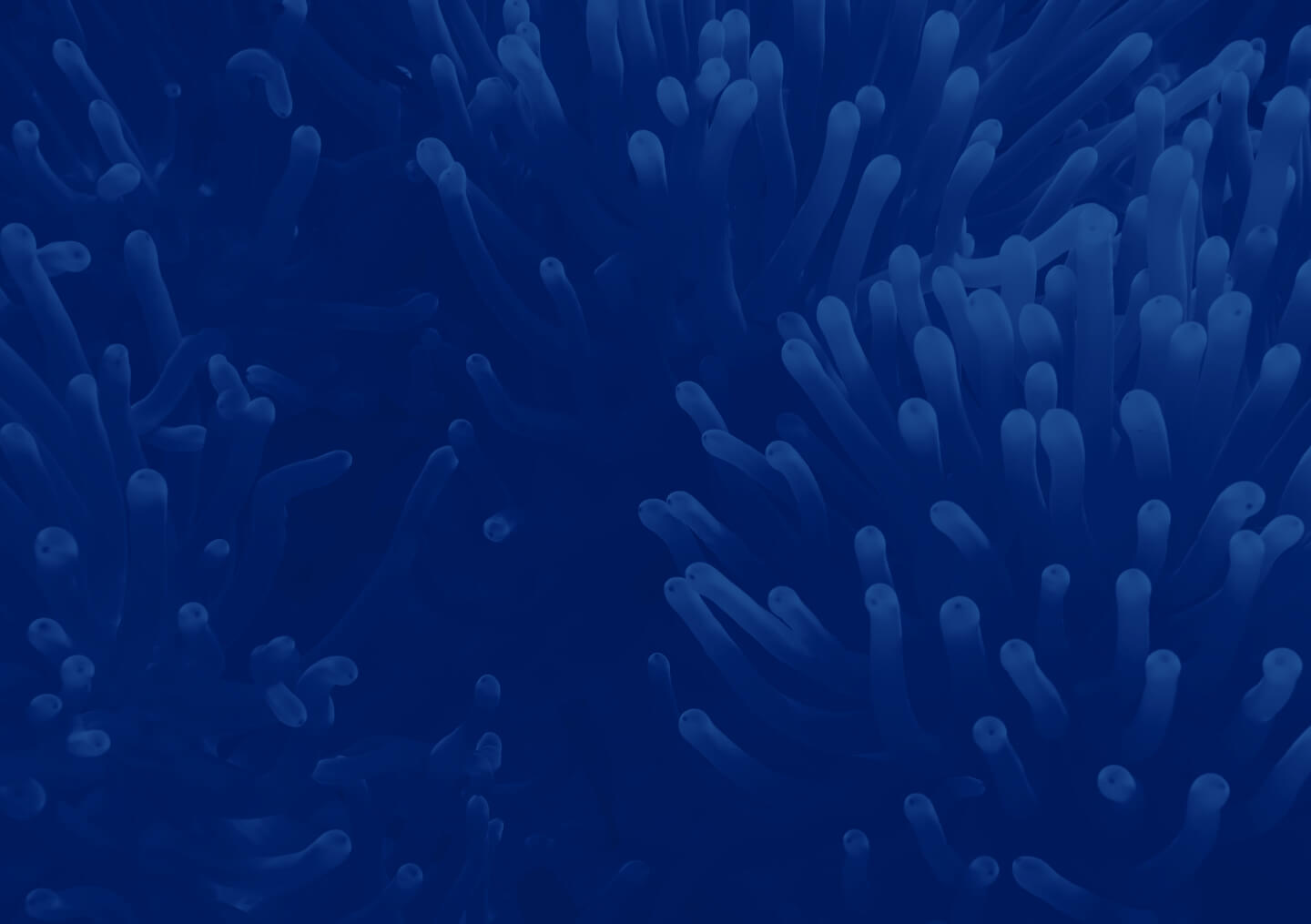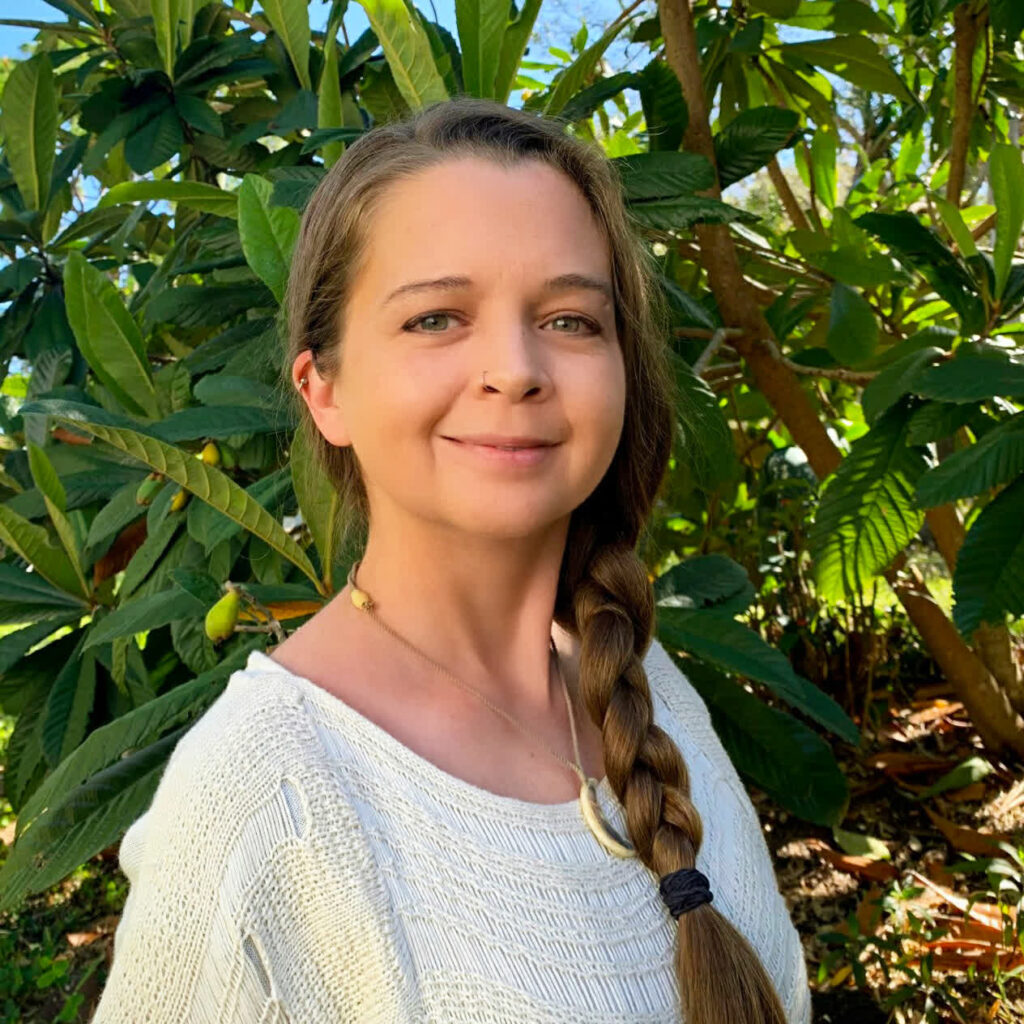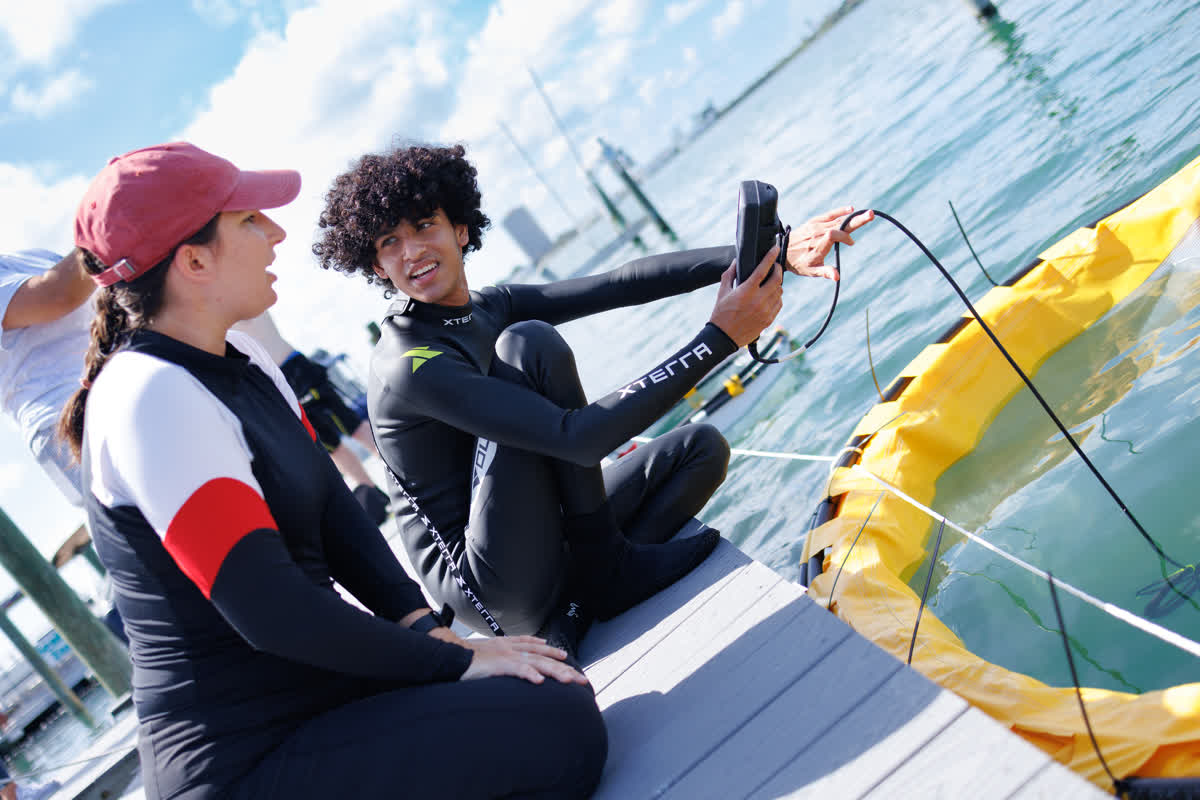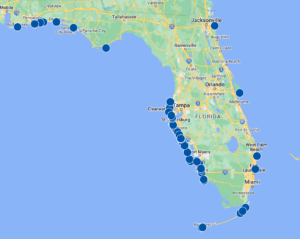
The Environmental Health Research Program develops strategic and creative ways to disseminate information to resource managers, public health officials, and the public about current environmental conditions and events, such as harmful algal blooms, as well as the impacts of those events and how they can mitigate the adverse effects.
The Program develops innovative products to disseminate information about environmental conditions and events, such as Florida red tide and other harmful algal blooms (HABs). One of these products is the Beach Conditions Reporting System (BCRS), which provides several types of information about beach locations and other recreational waterways in Florida and other coastal states. The BCRS is a valuable tool during Florida red tide events, communicating the presence of dead fish, respiratory irritation among beachgoers, water color, and wind direction. In the absence of red tide and other events, the BCRS continues to serve as a valuable source of information for beachgoers in Florida and beyond.
Beach Conditions Reporting System
Become a Trained BCRS Volunteer
The Program was a leader in a pioneering long-term study of the effects of Florida’s red tide on human health, a project funded by the National Institute of Environmental and Health Sciences. The $15.8 million NIEHS project was based on a “beach-to-bedside” model designed to identify the effects of naturally occurring chemical toxins by incorporating numerous scientific disciplines—from medical professionals to oceanographers to chemists to pharmacologists. Data collected, during beach field studies for over 10 years, provided new information about the health impacts of Florida red tide toxins on humans with and without lung disease.
Beach Conditions Reporting System
